
The sorcerer class in D&D lets players act as a character with some sort of in-born natural magic, as opposed to other magic users who have to learn their spells. Some subclasses give this class a choice of spells to use as they level up that are linked to the source of their powers. Sorcerers have a low hit die, making them pretty frail, but to make up for this, they can become exceptionally powerful.
Starting with four cantrips and two 1st level spells, it can be hard to build the best spell list. Selecting a subclass is particularly important for sorcerers, as there are many utility and offensive spells available depending on the origin of their magic, all with varying effects. Not all spells are winners, and while there are some spells that players should absolutely keep their eyes on, others should be avoided entirely.
10 Must Pick: Cure Wounds From The Divine Soul Subclass Is Always Handy

With one immediately-available sorcerer subclass, Divine Soul, players get access to cleric spells in addition to the usual suite of sorcerer spells. This allows the sorcerer to learn Cure Wounds, a spell that replenishes 1d8 + their spellcasting ability modifier's worth of HP to a creature the player can touch. It can be very useful for players starting out, as a majority of parties won't be starting off with enough gold to spend on potions of healing.
Any support spell can be chosen, but Cure Wounds is perfect for ranged spellcasters. Even if a situation calls for a player to get in melee range for this spell, they can have the protection of being close to someone who can almost guarantee to hit their opportunity attack.
9 Avoid: Color Spray Only Lasts For One Round
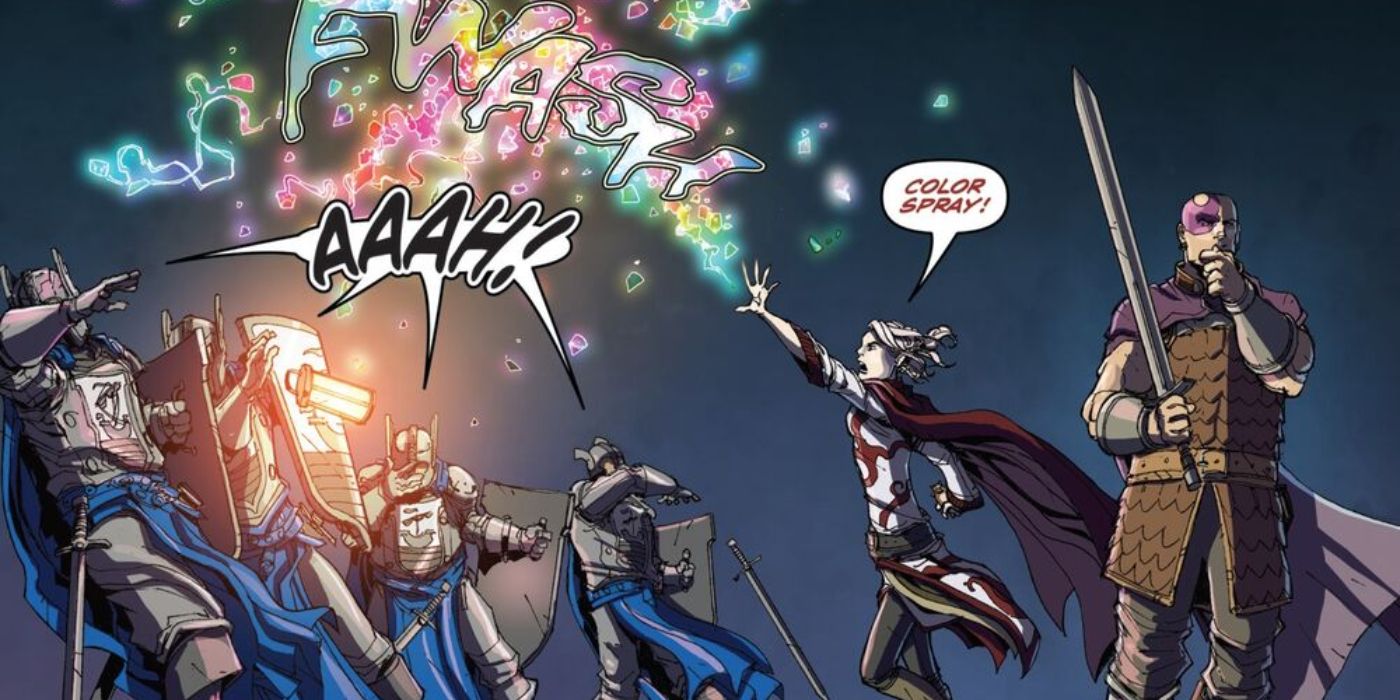
While blinding a large amount of enemies sounds fantastic on paper, it isn't all that it's cracked up to be in practice. Color Splash gives players advantage on the affected enemy, but it only lasts for one round in combat. Its usefulness can't be entirely ignored, but what makes this spell one to avoid is the fact that sorcerers have few spell slots.
Only being able to expend two spells per long rest makes casting feel important and the effect of Color Spray just isn't worth its price. It may find its uses later on once sorcery points are available, but by then there are much more powerful spells to use in its stead.
8 Must Pick: Shield Is An Excellent Defensive Spell
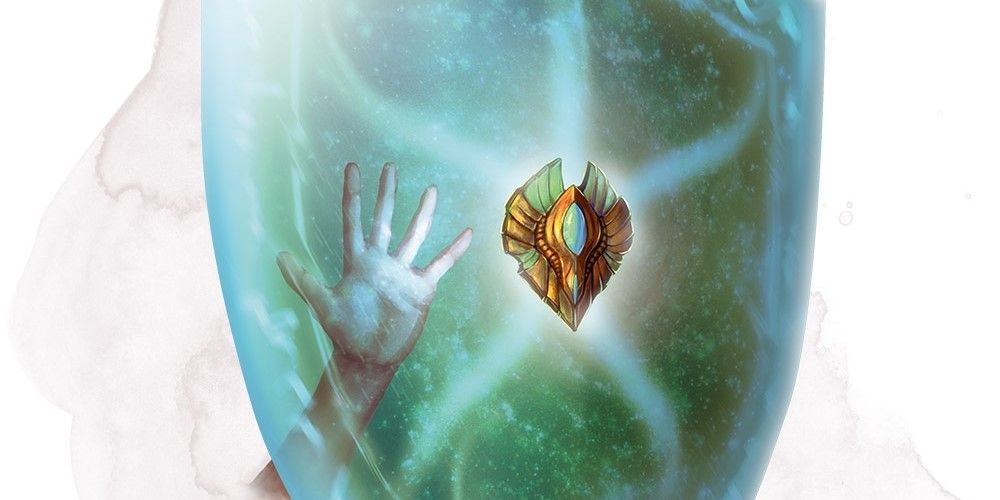
When picking this spell, it's important to note that this is a Reaction, meaning it can be cast after an attack roll. It raises the caster's AC by 5 until the start of their next turn, ensuring they're hard to hit.
What makes it even better is that a player can cast the spell after the DM has rolled their attack roll, meaning if +5 isn't enough, they can choose not to cast Shield at all. This can be useful for sorcerers with good Dexterity and an above-average AC. At later levels, this can be used in combination with other AC-raising equipment such as the Cloak Of Protection.
7 Avoid: Jump Is Extremely Situational And Only Affects One Person

For the price of an entire spell slot, Jump can be used to triple the jump distance of a creature the caster touches. This can useful for going over a broken bridge or a pit, but because it only affects a single creature, there's no real point in doing it. Most often, the sorcerer will have no choice but to find another way around unless there's a lever or ladder on the other side.
Carrying four spells at level 1 and having a precious slot devoted to something that rarely pays off feels awful. It will be on the spell sheet, almost never used, and when it finally finds its usefulness, there's almost always an easier solution.
6 Must Pick: Witch Bolt Has High Damage Potential At Low Levels
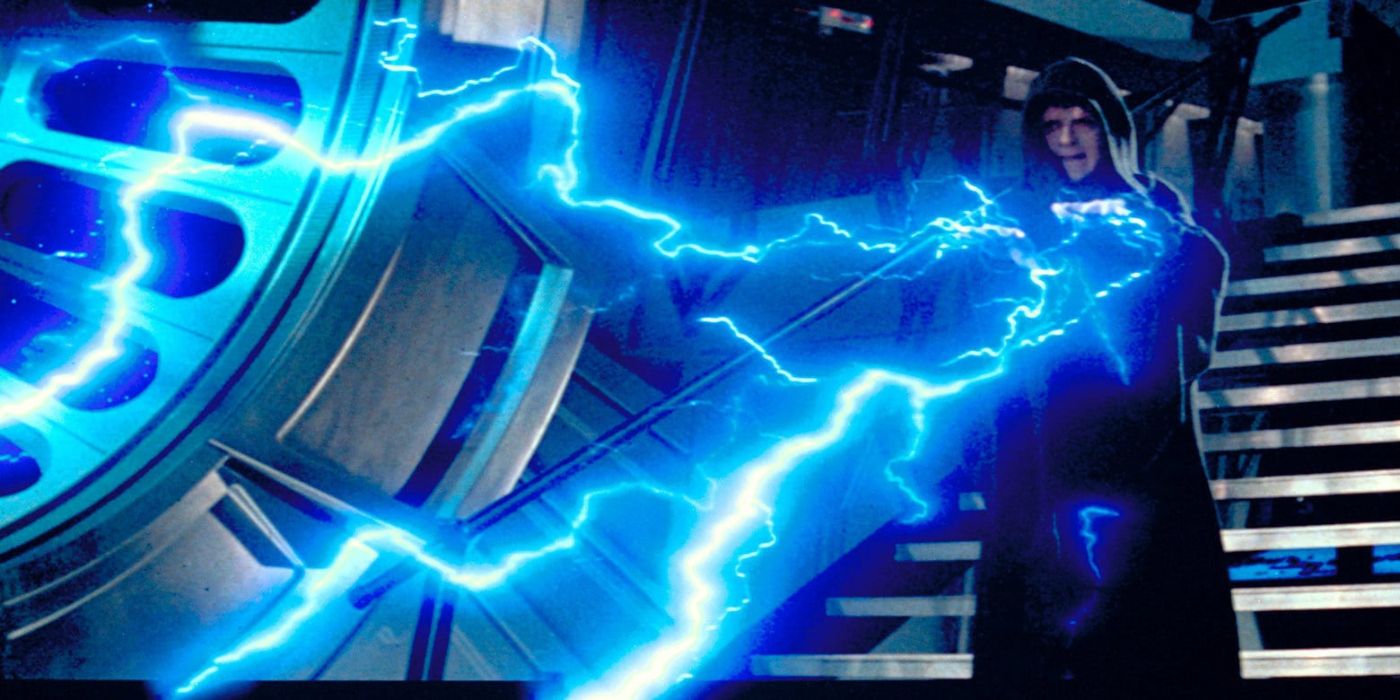
Concentration spells are among the strongest spells, and Witch Bolt appropriately has the potential to do massive damage. It is outclassed at later levels, but for the early parts of a player character's journey, they'll have trouble finding better than this. Witch Bolt deals 1d12 lightning damage on a hit and rather than making another spell attack roll on subsequent turns, the player can just choose to have lightning strike again.
The spell will end if the caster breaks their concentration, however, meaning a roll must be made after taking damage to keep the spell active. The spell ends if the player decides to do anything other than Witch Bolt as well, but it's a pretty fair trade-off for being able to potentially deal 24 points of damage in two turns.
5 Avoid: Grease Has Too Low Of An Area Of Effect To Be Useful
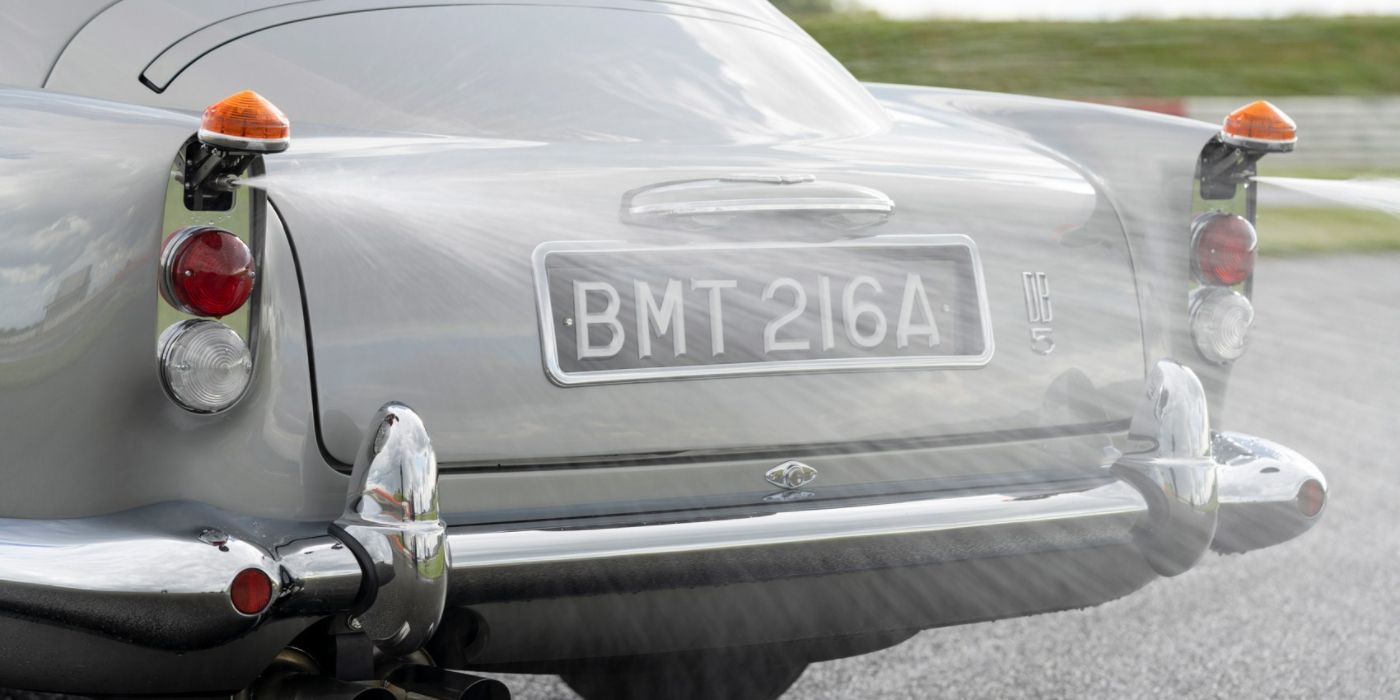
The spell Grease affects a 10-foot square and any creature within that square has to pass a Dexterity saving throw or fall prone. Being knocked prone means that they can only crawl as their movement, but they can easily spend half of the movement to stand up. Creatures knocked prone also have disadvantage on attack rolls and anyone attacking a prone creature gets advantage on their rolls. Grease would be more useful if it wasn't so easy to just leave the affected area. For its cost, it's almost always better to use Shield or an offensive spell instead.
4 Must Pick: Chaos Bolt Does Great Random Damage To A Single Target
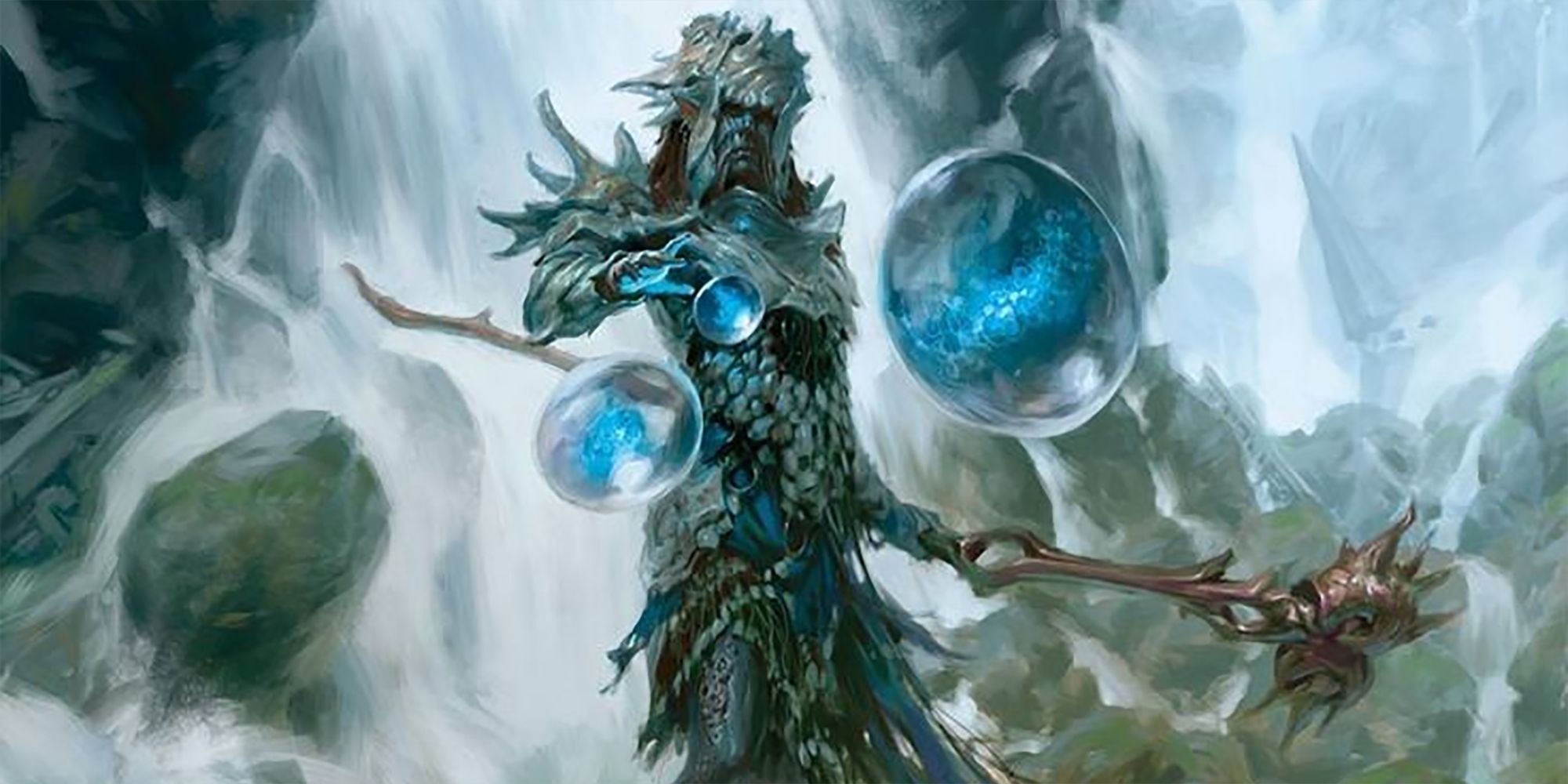
On a hit, Chaos Bolt does 2d8 damage, potentially more than Witch Bolt. Additionally, the damage type that Chaos Bolt deals is determined by the roll of a d6, with different elements being used depending on the roll. What makes this spell so powerful is that if the two damage dice land on the same number, Chaos Bolt will leap to a new target with a new attack roll and damage roll. The damage type is also rolled again, as is the nature of the spell. It's a sorcerer-exclusive perk, and although the chance to ricochet the spell won't always pay off, it's still a lot of fun seeing everyone close in to check the dice.
3 Avoid: Expeditious Retreat Can Be Useful But Too Costly
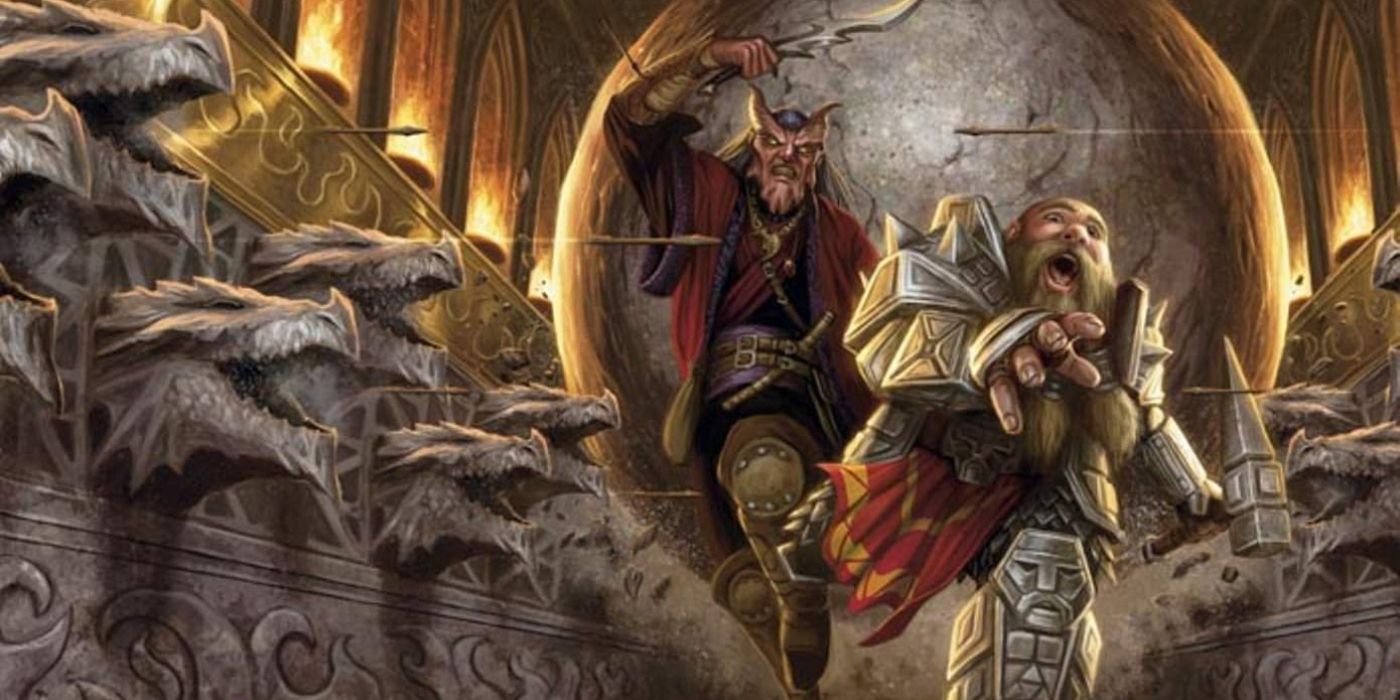
This spell is a bonus action, which is always a plus when casting, but its usefulness is limited. The caster is able to dash as a bonus action, providing a good way to get away from melee threats. This makes it useful when going after someone fleeing as well, but considering that sorcerers aren't a melee class, this isn't usually a wise decision.
Like many niche spells, if the slot isn't easily expendable, it isn't worth the cast. Of course, there's always the chance to have a high AC sorcerer at later levels, but there are better ways to spend that ability increase.
2 Must Pick: Magic Missile Has No Attack Roll

Magic Missile is a staple for many spellcasters. The spell requires no attack roll and does 3d4+3 of force damage. It can attack several creatures at once, with each of the 3 darts directed at a separate target. While spells like Chromatic Orb are a good choice as well, it's Magic Missile's ability to bypass an attack roll and always do guaranteed damage that makes it a reliable spell. There's no downside to the spell, although costing it at higher levels only adds an additional 1d4+1.
1 Avoid: Melee Spells Of Any Kind Are Too Dangerous
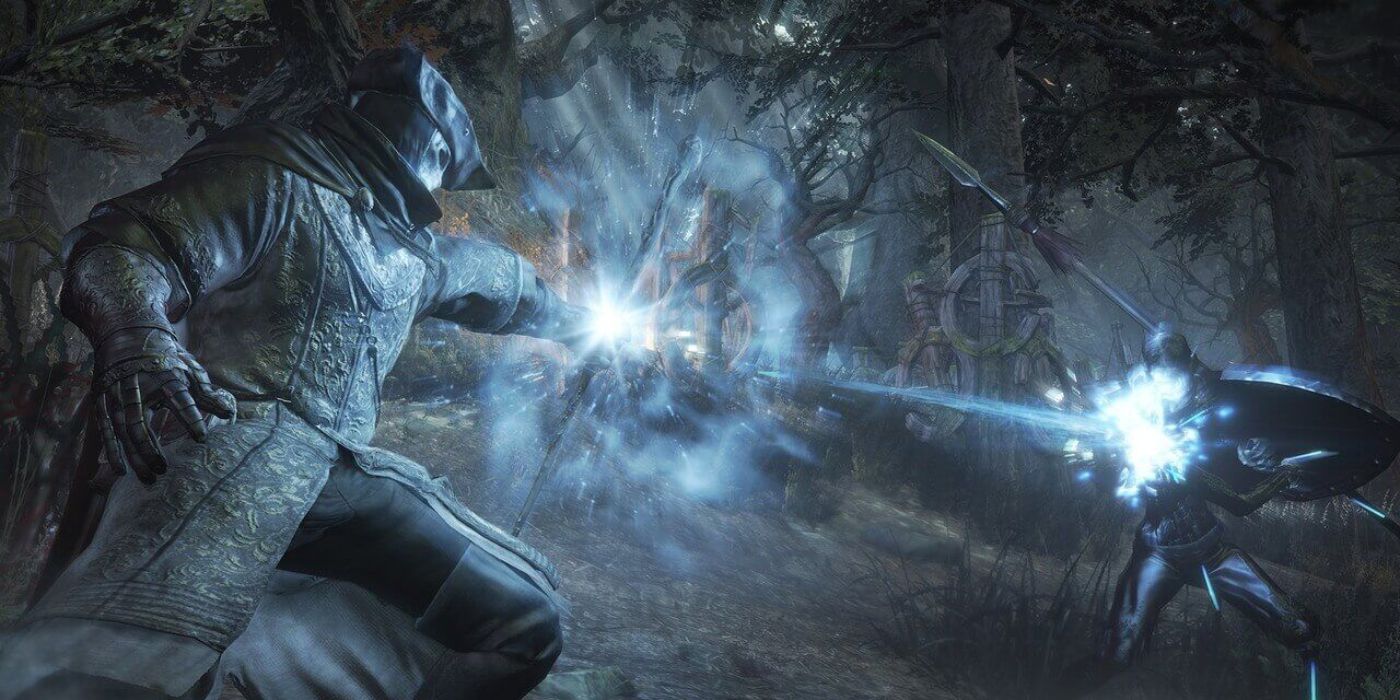
As a spellcasting class, sorcerers have no proficiency in armor. While the class can choose to wear something more protective, a higher Strength stat is required to wear the heavier stuff. Melee spells are strong, but putting a character with low HP into harm's way is counterintuitive. Ranged attacks are preferable, as they keep players a safe distance away near teammates to take the brunt of the attack. HP can be invested in by increasing the sorcerer's Constitution modifier, but it's better to spend the initial ability points elsewhere first at low level.
0 Comments